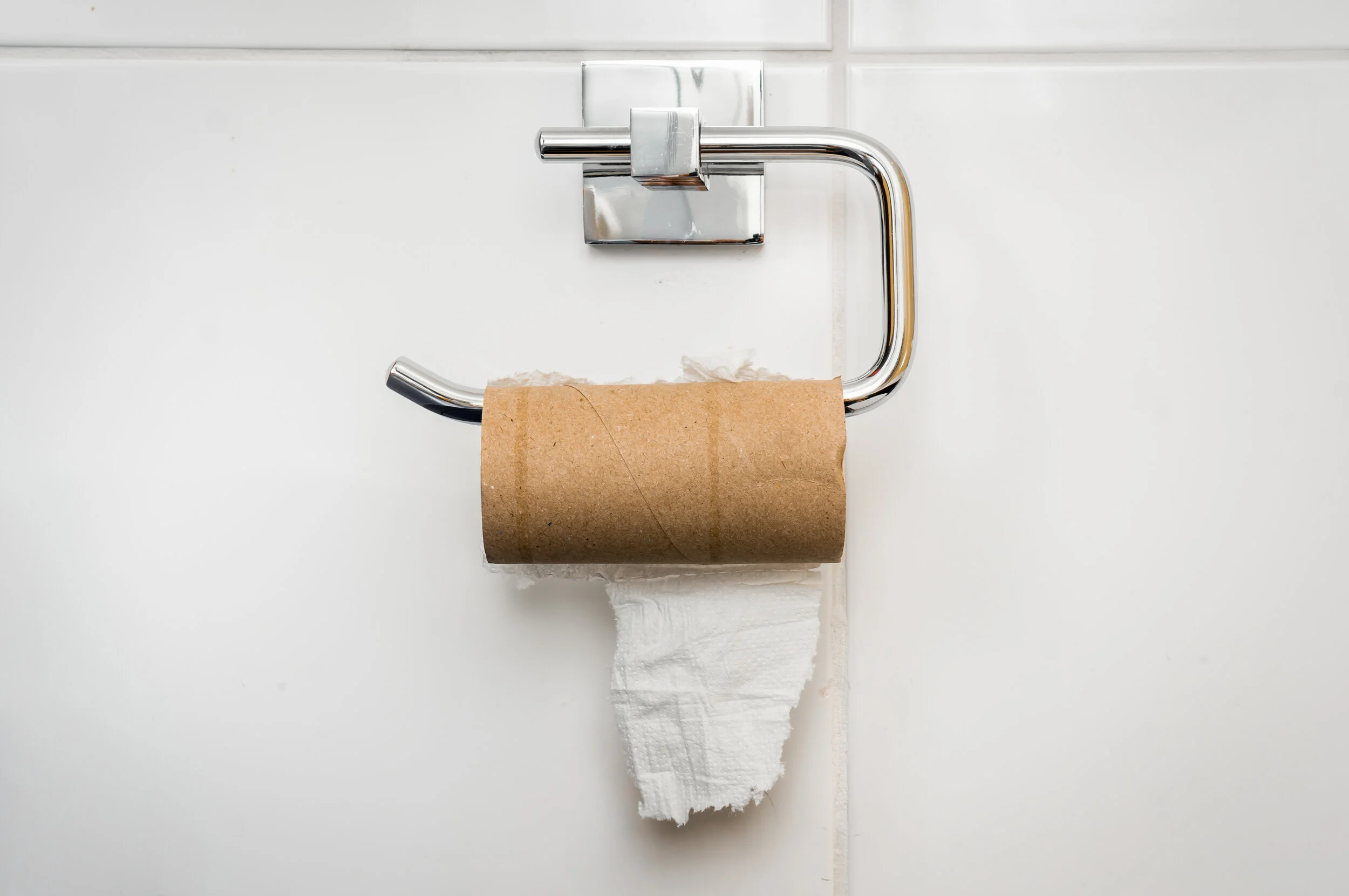If you’ve ever had an itching, burning, or intensely painful sensation around your anus, you’ve likely experienced the beloved hemorrhoids. Highly common in pregnant women and those who are often constipated, hemorrhoids can range from mildly annoying to excruciating. Many patients wonder what causes hemorrhoids; while there are certain factors that can increase your risk for developing them, some people develop hemorrhoids for no apparent reason.
What To Do About Hemorrhoids
If you have recurring hemorrhoids, try increasing your fiber and water intake, using witch hazel wipes, taking sitz baths, and reduce the pressure applied to the area when sitting. Patients with severe hemorrhoids may need surgery to reduce the protrusions and prevent them from recurring.
Why Do Hemorrhoids Bleed?
Hemorrhoids are essentially blood vessels around the rectum and anus that have been put under so much pressure that they have stretched out. This can cause blood to pool in the vessels themselves, as well as causing the tiny capillaries surrounding them to burst. It’s also common for blood clots to form in the stretched-out vessels; a vessel with a clot is considered thrombosed. Every type of hemorrhoid is exacerbated by rectal pressure— this is also what causes thrombosed hemorrhoids to burst and bleed.
Internal hemorrhoids may not be painful until they become external, but they still have the potential to cause rectal bleeding. An internal hemorrhoid may prolapse (protrude from the rectum) at any time and cause mild to severe pain. If the tissue doesn’t recede, you may need a corrective procedure.
Do Hemorrhoids Bleed Without A Bowel Movement?
While the majority of rectal bleeding caused by hemorrhoids will occur after a bowel movement, it’s not impossible to see some bright pink spotting at other times— especially if you have extremely sensitive external hemorrhoids. You may also notice that your hemorrhoids become aggravated after physical exertion or sitting for long periods of time. Remember to always talk to your doctor about rectal bleeding so that you have a good idea of what is normal in your situation.
What Else Causes Rectal Bleeding?
Hemorrhoids aren’t the only potential cause of rectal bleeding, however. It’s important to mention any rectal bleeding to your doctor since it can be a sign of serious gastrointestinal issues. If you mention rectal bleeding to your physician, he or she will likely ask for a detailed history and ask you to monitor your stool— you may even be asked to collect a stool sample for examination. If your rectal bleeding is not caused by hemorrhoids, you may need a colonoscopy or another scoping procedure to rule out cancer, anal fissures, colon polyps, and inflammatory bowel diseases.
See A Hemorrhoid Specialist in Tampa Bay
Although rectal bleeding is usually caused by hemorrhoids, don’t run the risk of missing something more serious. Contact our specialists at the Tampa Bay Colorectal Clinic as soon as you notice the first signs of blood in your stool or when wiping. Schedule an appointment today!

